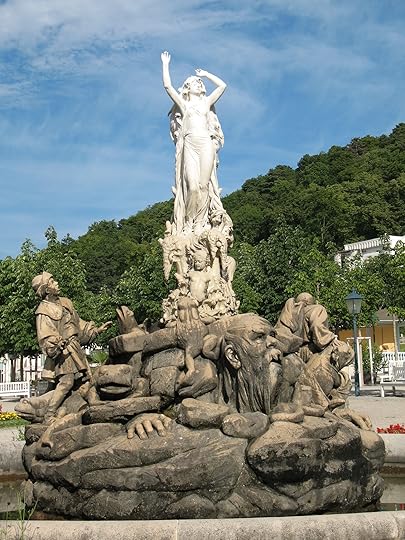What do you think?
Rate this book


128 pages, Paperback
First published January 1, 1811



This is the story of the Knight Huldbrand of Ring-stetten and of Undine, telling how the Knight wedded with water-sprite, and what chanced therefrom: and how the Knight died and was buried: and how Undine returned to her element beneath the Mediterranean Sea
'of all fairy-tales, the most beautiful...': https://blogs.bl.uk/european/2015/02/...
Charming. I liked the language and supernatural elements. I'd love to read a sapphic retelling of Undine.
Can be read here: https://archive.org/details/undine00l...
He saw by the moonlight momentarily unveiled, a little island encircled by the flood; and there under the branches of the overhanging trees was Undine
The knight took the beautiful girl in his arms and bore her over the narrow space where the stream had divided her little island from the shore

"Little niece," said Kuhleborn, "forget not that I am here with thee as a guide."


Soon she was lost to sight in the Danube